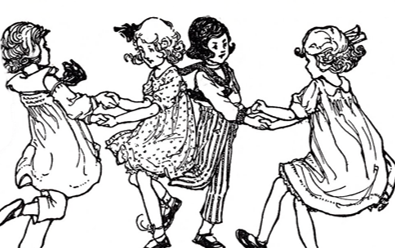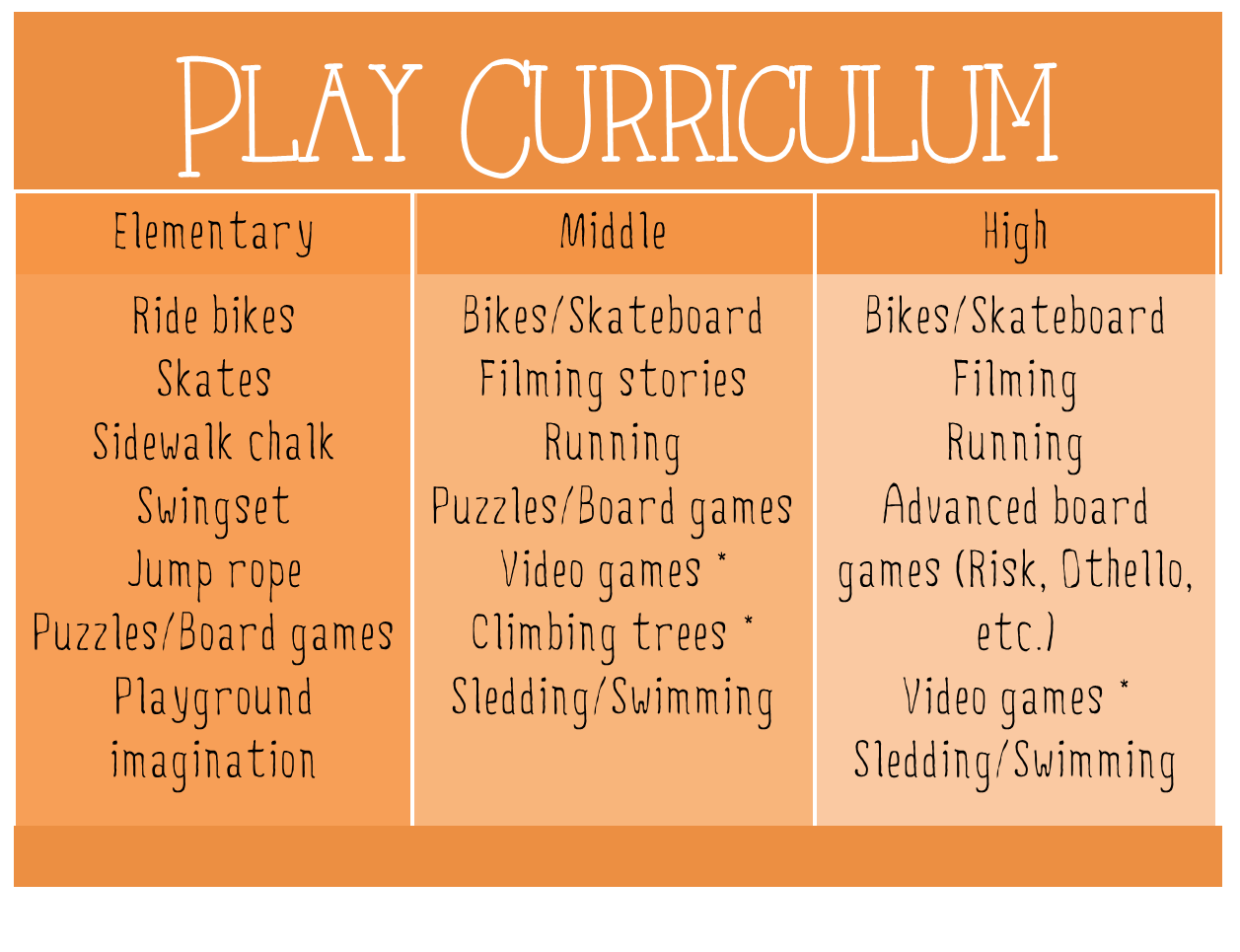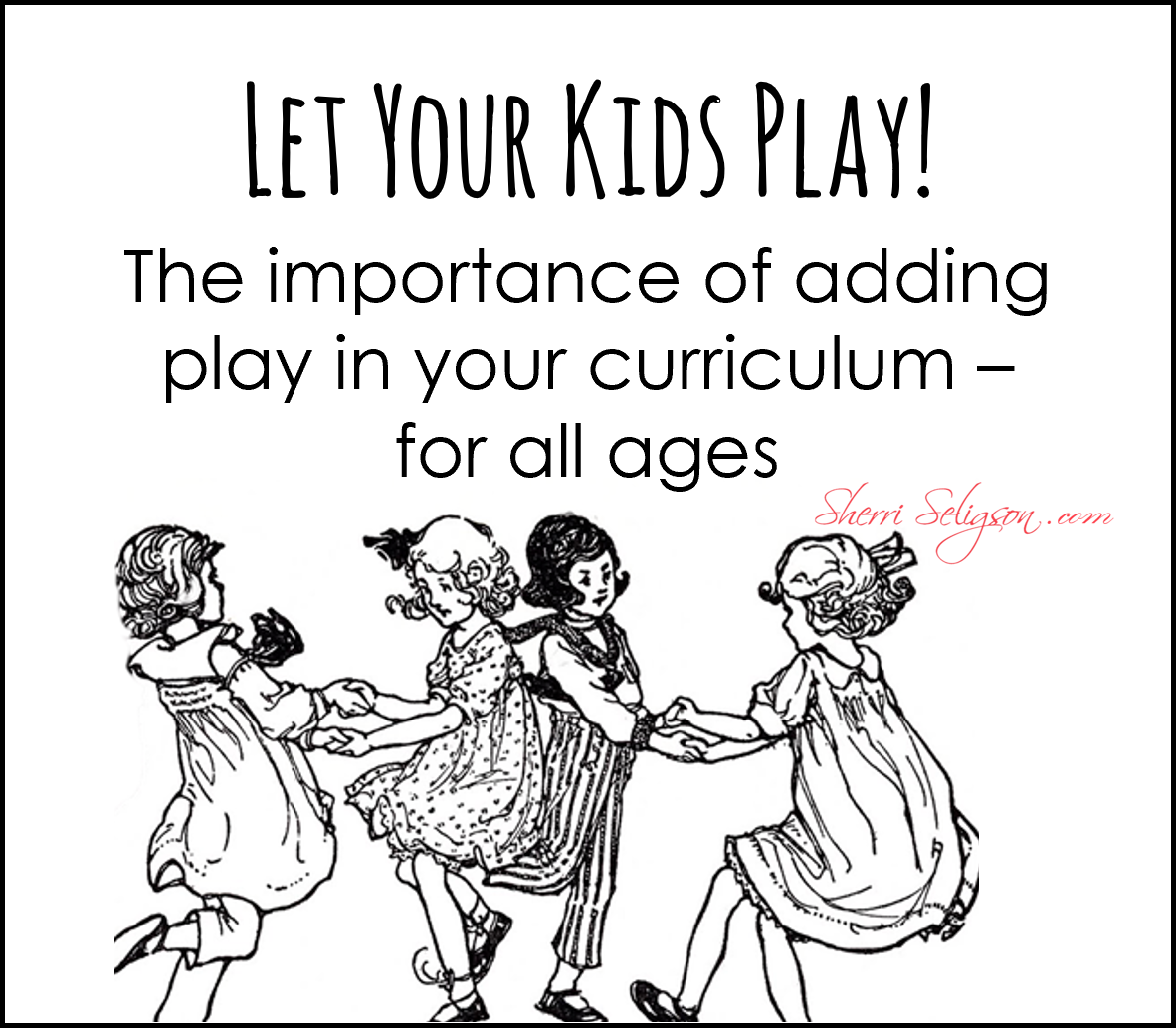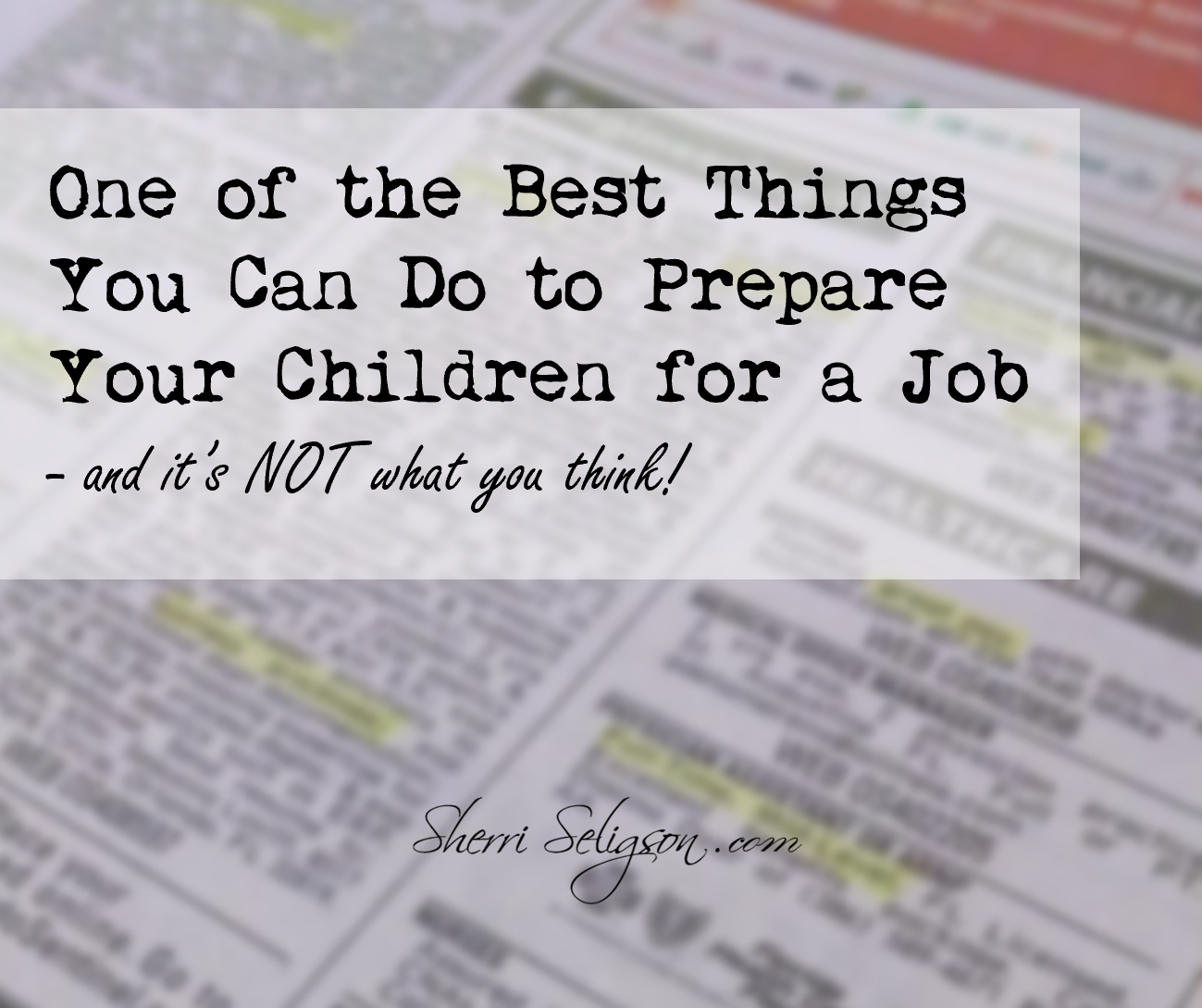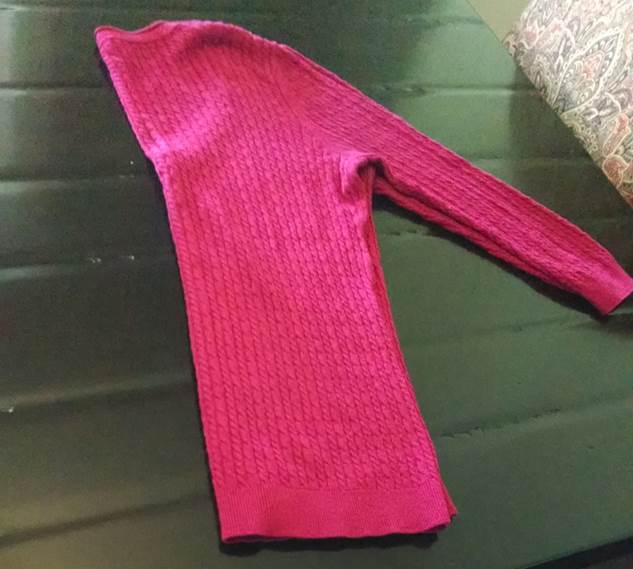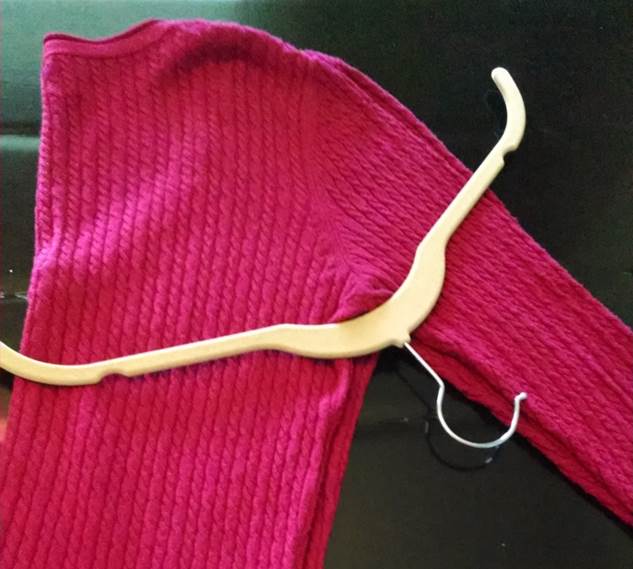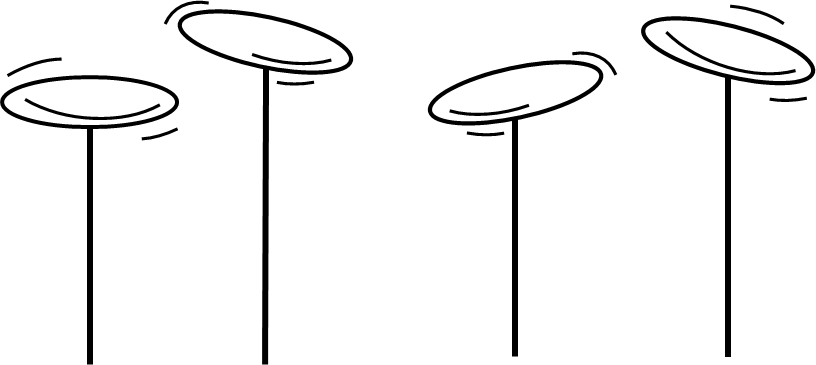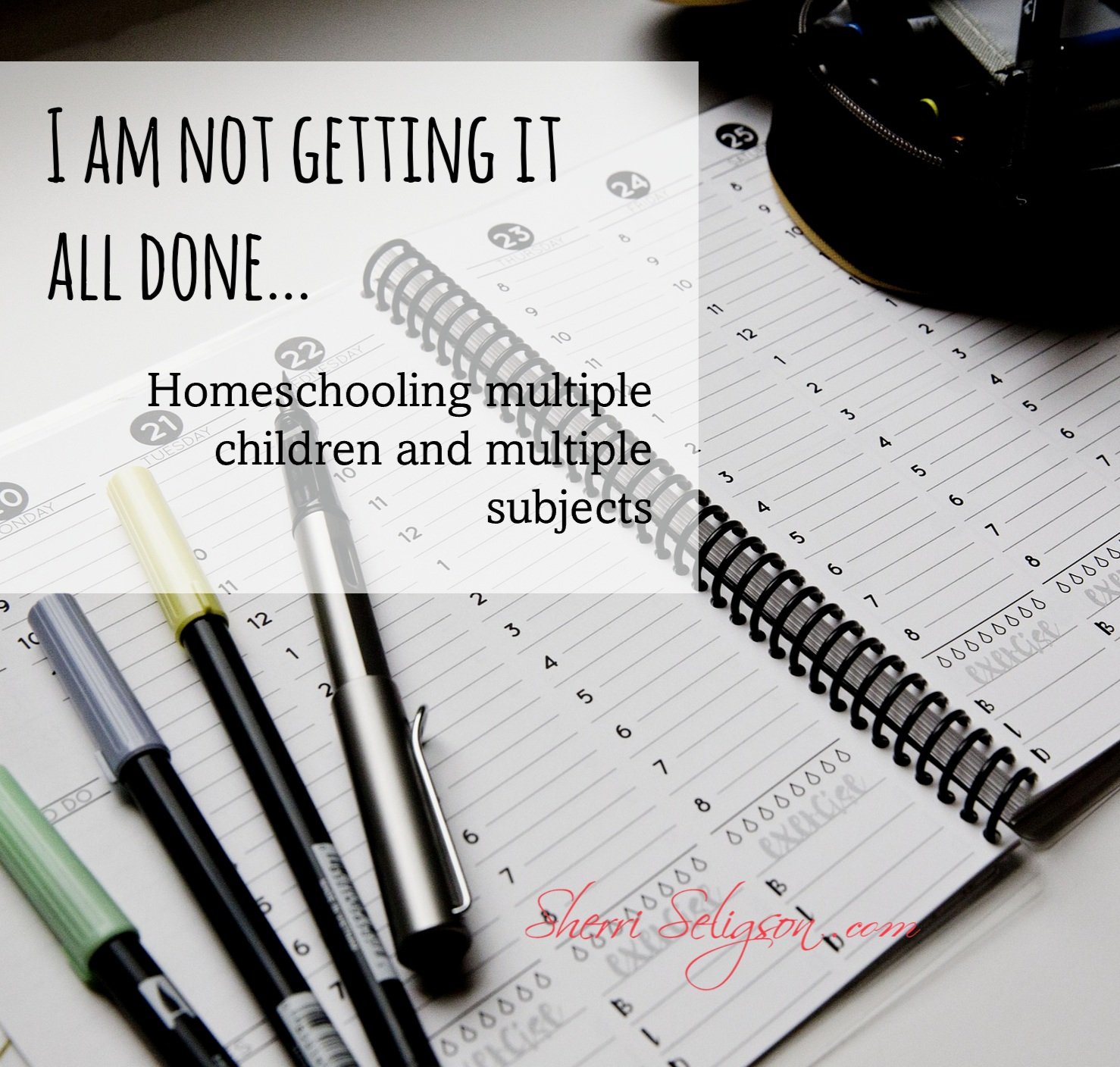
From the moment our children are born, we do it. “How much did your baby weigh?” “When did she start to roll over?” “My child can say over 30 words, and he is only 6 months old!”

Well, it is natural to want to know how everyone else is doing. It gives us some benchmarks to know when our children might be doing them. We find out from our doctors that the majority of children get their first teeth at around 6 months of age. So when our children hit 8 or 10 months and still don’t have any teeth, we begin to get concerned. We want to make sure they are developing well and we are giving them all they need to be healthy and happy. That is completely normal.
But we also need to know that some children don’t get their first teeth until 18 months of age, and others are born with teeth (I DO feel for the nursing mom on this one)! But, it’s really OK. It’s OKAY!
Yet the questioning game begins and continues throughout their lives.
“Is your daughter potty trained?”
“He writes cursive now?”
“She speaks three languages at the age of seven?”
With the answer to each of these questions, we think to ourselves, “My child isn’t doing that yet.”
And we worry.
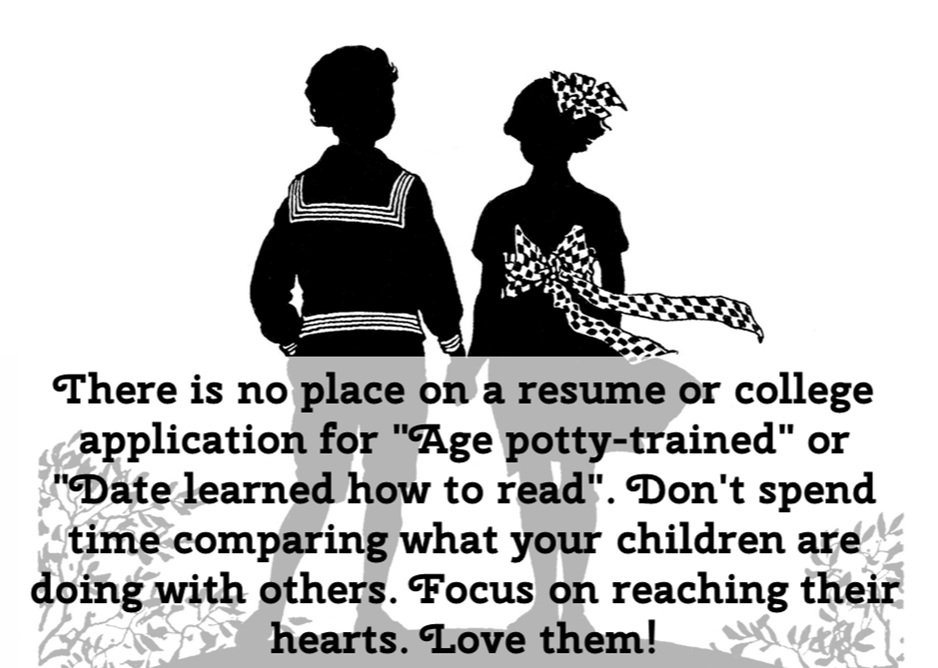
We forget that every child is made completely unique from each other. That is an amazing and beautiful thing. Everyone develops and grows a little differently. I have learned with my four children that I can use what each of them has done as a guideline for what to expect with the next one, but I cannot freak out when I get surprised by a different time schedule. (Yes, if any delays go excessively long, we can bring those concerns to a physician or specialist, but I’m talking about general differences in development that still scare us moms).
Let’s step back from the comparison trap and get some perspective. Is it really that important that he gets potty trained at 18 months? Yes, the diaper bill will be decreased, but the fact that he is trained at 18 months or 3 years (or 4) will not affect him when he gets to college or starts his first job. Relax. Unless there is a physical issue, he will be potty trained before he gets to high school. There shouldn’t be bragging rights on this issue.
But we need to realize that when our child advances in an area, if we proudly announce it to others (translate: brag about it), we fill some mamas with stress and fear. Their children just aren’t there yet.
And, really, do we actually think that growing teeth quickly or writing letters sooner makes our children somehow better than others? I mean, yes, be proud of your son’s aim into the toilet. Cheer him on! But realize that we need to rejoice in our children because they are blessings in themselves. And other children are blessings to their parents (and to us as well). Rejoice in all of them. Encourage those moms who are concerned with some of those things and realize that we ALL fall into that comparison deception that makes us think we are not doing as well as others.
In the grand scheme of things, these are non-issues. Did you know that there is no place on a resume or college application for “Age potty trained” or “Date learned how to read”? Don’t spend time comparing what your children are doing with others. Focus on the more important issues. Focus on reaching their hearts. On showing them how valuable they are in God’s eyes (and yours). Focus on encouraging other moms on their journey with their family, too. It is not a race, and it only causes damage or poor feelings in those around us.
Your children are growing exactly the way their bodies were designed to grow. Revel in that and enjoy it. Pay attention to the things you can begin to train: their hearts, their character, their understanding that you love them.
Don’t be deceived by comparison!







